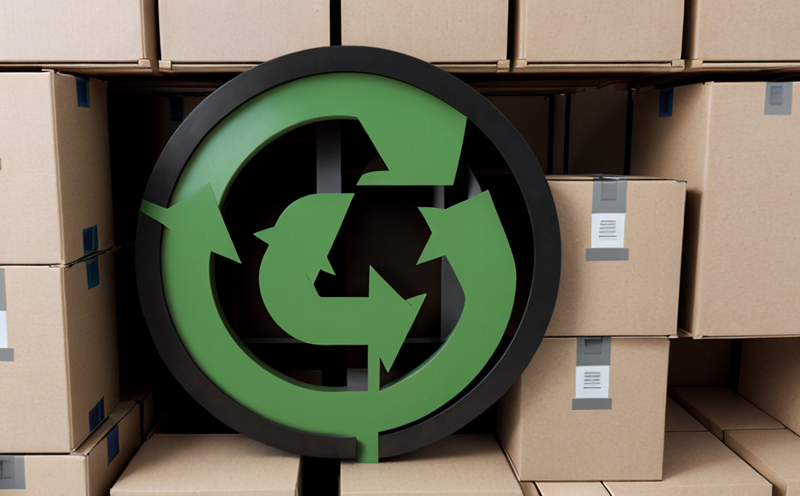Sustainability, Circular Economy & Compliance Audits
In today’s rapidly evolving environmental landscape, sustainability and circular economy principles are not just buzzwords but critical strategic imperatives for industries worldwide. Waste management and recycling testing play a pivotal role in ensuring compliance with stringent regulations while promoting sustainable practices within the sector.
The circular economy concept focuses on minimizing waste generation by maximizing resource recovery and reuse through effective recycling processes. This approach is integral to achieving sustainability goals, which encompass reducing environmental impact, conserving natural resources, and enhancing economic efficiency. Compliance audits are essential tools for ensuring that organizations adhere to local, national, and international standards related to waste management and recycling.
Our laboratory specializes in providing comprehensive testing services tailored specifically to support these objectives. By leveraging advanced analytical techniques and robust methodologies, we help clients evaluate the effectiveness of their waste management strategies, identify opportunities for improvement, and ensure regulatory compliance. Our expertise spans across various sectors including manufacturing, construction, electronics, and consumer goods—each with unique challenges when it comes to implementing sustainable practices.
Through our rigorous testing protocols, we can assess everything from raw material composition to end-of-life product disposal methods. For instance, in the case of electronic waste (e-waste), accurate determination of metal content is crucial for determining appropriate recycling processes and potential secondary resource extraction. Similarly, evaluating plastic products for biodegradability helps inform decision-making regarding sustainable packaging options.
A key aspect of our service offering lies in our ability to conduct lifecycle assessments (LCAs). LCAs provide a holistic view of how materials are sourced, produced, used, and ultimately disposed of at the end of their useful lives. By conducting LCAs, we can quantify environmental impacts throughout these stages, helping organizations make informed choices about more sustainable alternatives.
Our laboratory also offers specialized testing for biodegradability standards such as ASTM D5338-19 and EN 17229:2014. These tests are particularly important in certifying that products meet stringent requirements for breaking down naturally without leaving harmful residues behind. Such certifications not only enhance a company’s reputation but also open up new market opportunities where consumers increasingly favor eco-friendly products.
In addition to these technical aspects, we understand the importance of communication and collaboration when it comes to implementing sustainable practices within an organization. Our team works closely with clients during all phases of testing—from initial consultation through final report delivery—to ensure that they have a clear understanding of what their results mean in practical terms.
Scope and Methodology
- Comprehensive Waste Analysis: We analyze waste streams from various sources to determine composition, volume, and potential for recovery or reuse.
- Recycling Efficiency Testing: Evaluates the efficiency of recycling processes using standardized methods like gravimetric analysis and energy consumption calculations.
- Lifecycle Assessment (LCA): Conducts a thorough examination of environmental impacts across all stages of production, usage, and disposal.
- Biodegradability Testing: Determines the ability of materials to break down naturally under controlled conditions according to internationally recognized standards.
Benefits
- Educates stakeholders on current waste management practices and future trends.
- Provides actionable insights for reducing operational costs while improving environmental performance.
- Aids in achieving certifications like ISO14001:2015 for sustainable management systems.
Why Choose This Test
- Compliance Assurance: Stay ahead of regulatory changes by ensuring ongoing compliance with local, national, and international standards.
- Data-Driven Decision Making: Use precise data from our testing to guide strategic decisions aimed at enhancing sustainability efforts within your organization.





